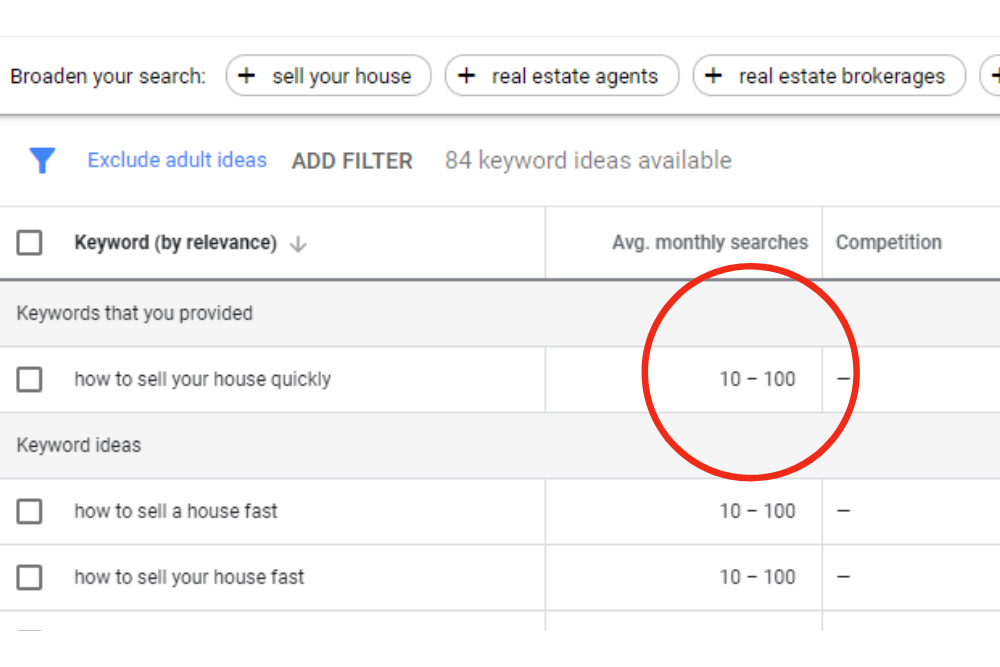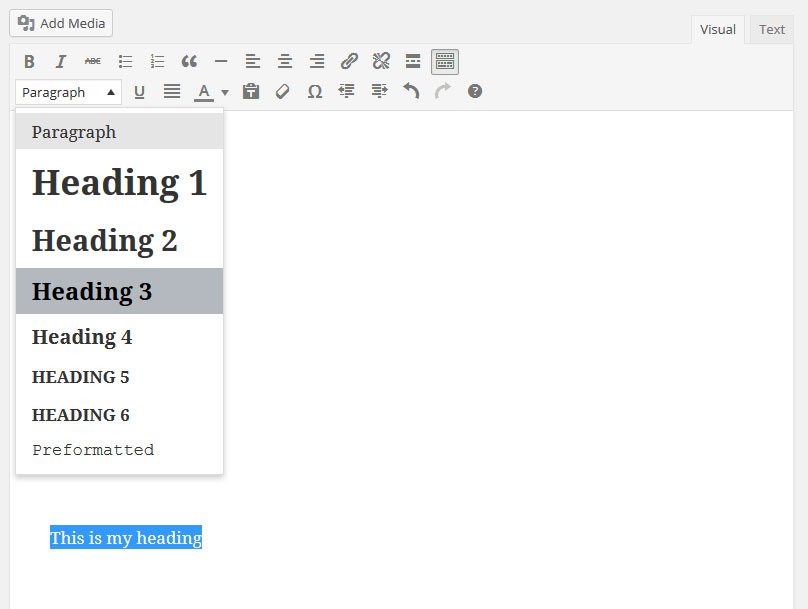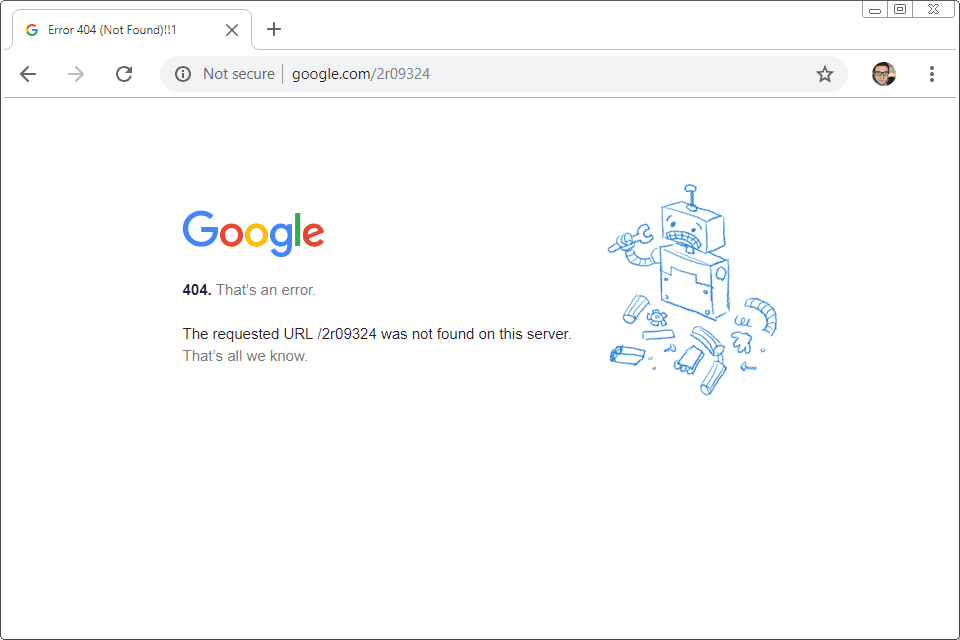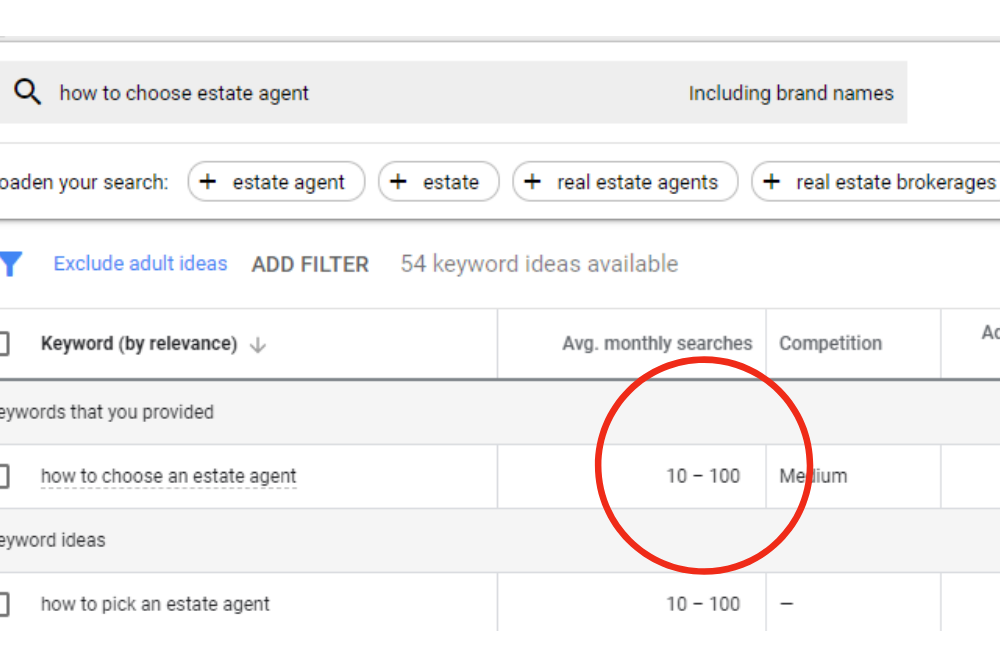How do potential customers find you?
Of course there’s the portals and, hopefully, word of mouth. But there’s also a high chance that someone looking for an estate agent uses Google to find one. Especially vendors.
86% of people looking for a local business (like estate agencies) use a search engine to do so and Google is (by far) the most popular search engine in the UK.
This means that maximise your chances of being found by vendors, your website needs to be appear HIGH in the Google search results.
What Is SEO?
SEO is Search Engine Optimisation. It is the process of getting your business to appear higher in organic (non paid) search results.
By optimising things like your website, you increase your chances of appearing when someone Googles something like “estate agent near me”.
In this blog, we’ll share some specific ways to boost your SEO but generally speaking, SEO is improved with things like content, keywords, image optimisation and page load speed.
Why Is It Important To Improve SEO For Estate Agents?
Well, first because a potential vendor or buyer is unlikely to get in touch with you if they can’t find you.
With so many people using Google to find local services, estate agents have to take steps to appear as high in search as possible. The higher the better – the top result in Google has a 33% chance of being clicked!
And if you needed even more incentive, it’s estimated that 50% of people who find a business from a “near me” search end up actually visiting that business.
It’s important to understand the basics of SEO for estate agents whether you’re going to hire an agency or do it yourself, but if you’re planning to hire outside, take a look at these things to look out for when doing so.
How Does SEO Work?
This is a complex question and almost certainly outside of the scope of this blog (and perhaps outside the scope of your interest); but in relatively basic terms Google’s bots take 3 actions to determine where a website gets placed in the search results:
- Crawls
- Indexes
- Ranks
Step 1 – Crawl: When Google crawls the web to find content: new websites, pages, updates to existing pages etc
Step 2 – Index: Once crawled, Google stores and organises what it finds – adding it to it’s index. Only things in the index can be found on Google.
Step 3 – Rank: Based on relevance, Google determines what information in its index best answers search queries and ranks them accordingly.
Each step is key, your estate agent website needs to be capable of being crawled and indexed and then the information on it needs to be deemed relevant enough to rank highly.
10 Ways To Boost SEO
There are MANY ways to boost SEO – each with a varying degree of complexity. These 10 tactics are some of the easier to implement:
- Content
- Different Multimedia
- Meta Description
- Page load speed
- Image optimization
- Header tags
- Broken links
- Contact us page
- Readability, Layout & Formatting
- Mobile Optimisation
Content & Keywords
Content is the PRIMARY determining factor of your Google ranking. Pages that rank higher in Google get more web traffic. But relevant, valuable content that people want is the key.
Relevant and valuable content is the type that answers the questions people put into Google.
For estate agents, this means you need to determine what your potential buyers and vendors search for in Google by carrying out “keyword research”; meaning the things that your potential customers search for most frequently.. You can use tools such as Google Keyword Planner to determine frequently search questions:

Some Important Things To Note With Your Content
- Keep it valuable. If it’s not valuable, people won’t spend time on your page reading it. “Time Spent On Page” is something Google uses to determine relevance.
- Long Form content tends to be preferred by Google. Content of at least 2000 words is deemed more “relevant”.
- Create separate pages for each keyword (or keyword phrase) you would like someone to be able to find you for.
- Use the keyword (or phrase) several times throughout your page including at least once or twice in the opening paragraphs.
- Update your content regularly – regularly updated content is deemed relevant by Google.
To read more about Content Marketing for estate agents, visit your blog post here.
Use Video & Other Multimedia
This is an important one and something not many estate agents are doing. Different multimedia is things like video, audio and slideshows.
Using video on your website is a signal of quality as far as Google is concerned. As 68% of people prefer video, it can increase the time someone spends on your page which helps Google determine you as relevant.
Find out more about video marketing for estate agent in our Complete Marketing Guide. Just click on section 3. You can also discover 7 useful video marketing ideas for estate agents here.
The Meta Data
This requires some work in the “back end” of your website and pages. For SEO purposes, the meta data you want to address is that which affects this:
Tips For Your Headline:
- Make it click worthy!
- Front load the keyword you want the page to rank for (use it early)
- Keep it short (65 characters and under) so it doesn’t get cut off (truncated)
Tips For Your Description:
- Front load keywords
- Make appealing and seem like by clicking, the person searching will get the answer they want
- Keep relatively short – under 160 characters
If your site was made using WordPress, you can use a plug-in like Yoast or All In One SEO to help highlight what’s important when updating your meta data.
Page Load Speed
Two key things here.
One, Google measures your page’s load speed and will penalise you if its slow.
Two, no one likes a slow loading page. Your website visitors are more than likely too impatient to tolerate slow loading times. This will lead to high numbers of people quickly exiting and your page and Google therefore determining it “irrelevant”.
What Is A Slow Loading Page?
Research indicates that 40% of people will exit a page that takes more than 3 seconds to load!
You can enter your website here for Google to score your page’s load speed.
Image Optimisation
Firstly, you should ensure that the size of the images on your page aren’t slowing your page down.
For SEO purposes, it’s good to give your images keyword based file names. You can add your relevant keywords into the title, description and caption of your images to signal relevancy.
Header Tags
There are two good reasons to use “headers” in your content. Firstly, people generally don’t like to read huge blocks of text. By using headers, you separate text into digestible chunks which will help people read your content and stay on the page longer.
Google also like header tags. It’s therefore good practice to use keywords in your headers and then tag them by choosing a “heading”:

Broken Links

Broken links also make it harder for Google to crawl your website so they can be very damaging to SEO.
You can use a tool like Dead Link Checker to see if you have any broken links and correct or remove them.
Your Contact Us Page
Google only wants to send visitors to credible, trust-worthy pages. Having easy-to-find contact information helps Google categorise you in this way and therefore improve your SEO.
Make sure you have a clear contact us page that visitors can navigate to easily — via your menu for example. Your contact page should include (at a minimum) your company name, contact number and an email address.
Readability, Layout & Formatting
People will only stay on your page to read your content if it’s easy to do so!
This means your content shouldn’t be too difficult to read and it should be formatted in a way that’s nice to consume.
Remember, if people leave your pages quickly, Google records low “Time Spent On Page”. Low time spent on page is not good for relevancy and therefore bad for SEO.
You can use tools like SEMRush or Readable. to help you with the readability of your content.
Mobile Optimisation
60% of Google searches are performed on mobile devices.
Google will therefore penalise websites and pages that are not optimised for mobile. Pages that are not optimised for mobile are also less usable for mobile visitors which may reduce their time spent on page.
If it’s not already, you should consider hiring an expert to mobile optimise your website.
We’re aware that SEO is quite technical. Hopefully, some of these changes are things you can do yourself or quite easily hire someone to help with. Whichever option is best for you, it’s important that your SEO is optimised so you can keep generating real estate leads and be found by vendors.







